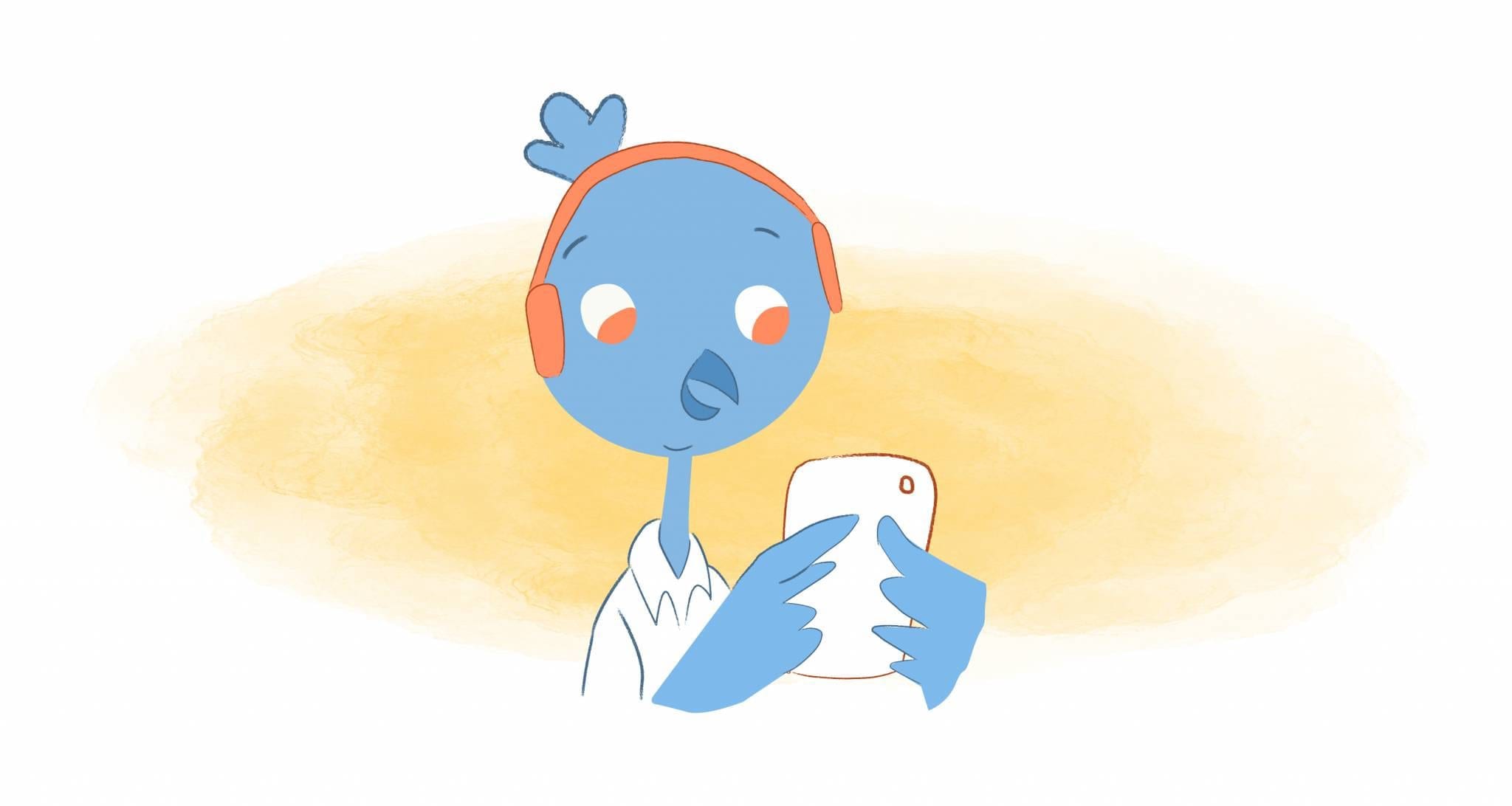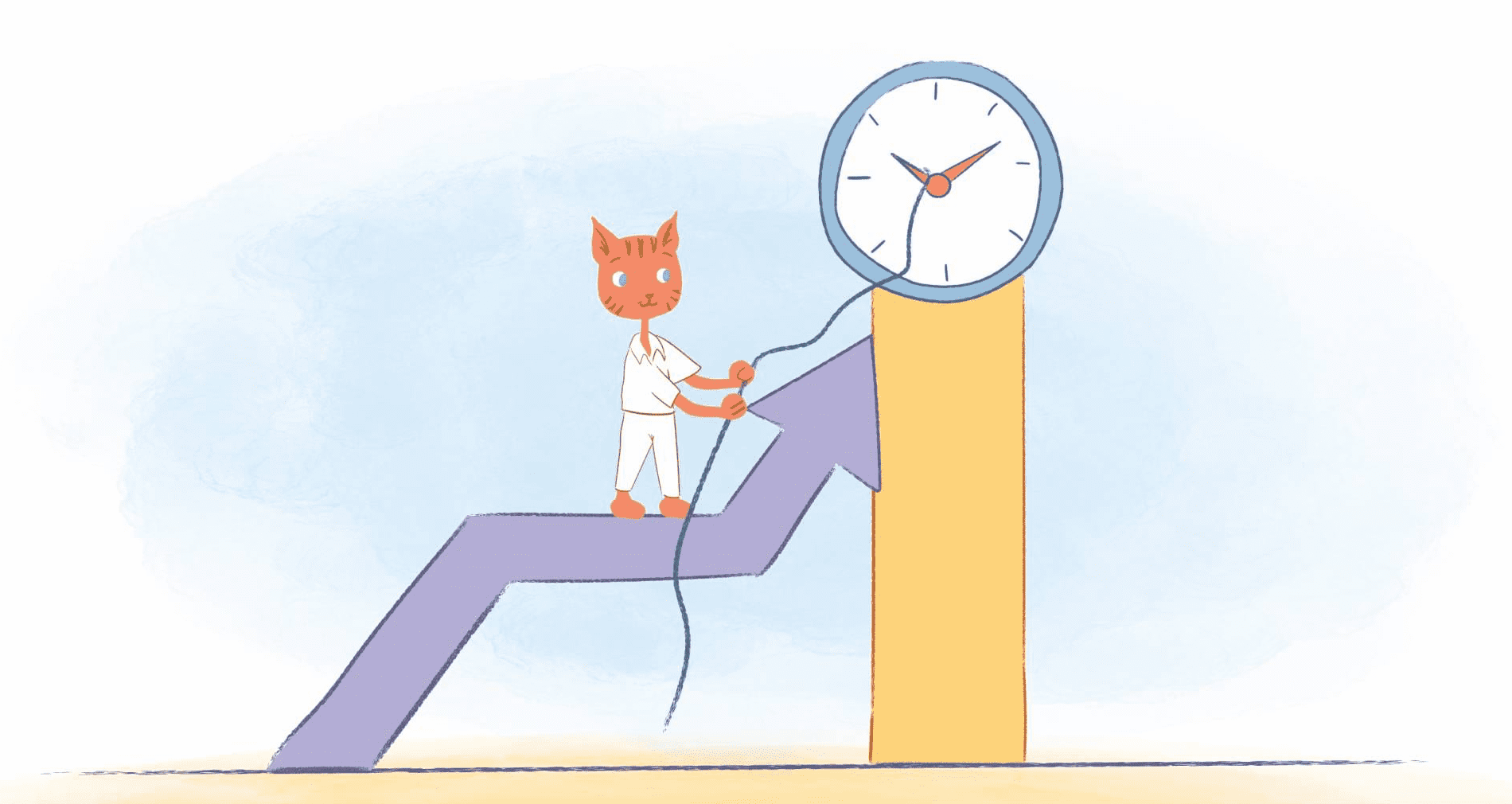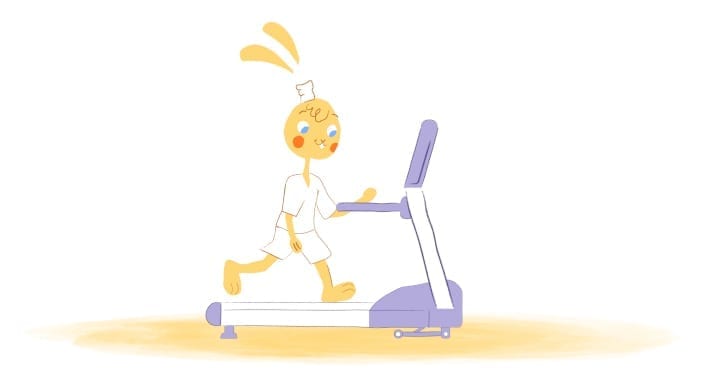

“Without music, life would be a mistake.” — Friedrich Nietzsche
Without question, the quote on music is one of my all-time favorite quotes. Because I couldn’t just imagine life without music. I’m a musician — not perfect — but okay. But, even when I’m not actively listening to my favorite tunes, I’m singing a cappela, whistling, practicing piano, or attempting to play something that resembles notes on my guitar.
I’ve noticed over the last couple of years that I listen to music mostly when I’m working. One study found that a whopping 8 in 10 professionals enjoy listening to music at work. What’s more, 71% of employees reported that they are at least somewhat more productive when listening to some tunes. Of course, that stat shouldn’t be all that shocking.
“Historically, music and work have always been intertwined,” says Karen Landay, a former professional violinist and graduate student at the University of Alabama who has authored a review on the subject. “Think about romantic visions of peasants singing as they harvest, or sea chanteys sung by sailors as they work on their ships. And since most people enjoy listening to music of some kind in at least some contexts, it’s perfectly natural to feel that music must have some sort of positive impact on our work.”
Skipping ahead to a 1993 paper, there was something called the“Mozart Effect.” Here it was found that those who listened to Mozart for 10 minutes were better able to perform spatial tasks like folding paper. Others expanded on this and discovered that Mozart’s “K. 448” has the ability to increase “alpha band” brain waves which are linked to cognition, problem-solving, and memory.
Since then, there have been copious amounts of research exploring the link between music and productivity — even when Mozart isn’t involved. So, what has science found?
Immersion.
“Background music helps you become more immersed in your work, especially if your tasks are repetitive or tedious,” writes Larry Alton over at Inc.com. “Studies show that assembly line workers, who repeat the same steps over and over, tend to be happier and work more efficiently when listening to music.” That means if you need to get “in the zone” and overcome “the boredom of a repetitive task, listening to music could be the best way to go.”
In another study, this one focusing on surgeons, music was able to improve their performance when engaged with repetitive nonsurgical laboratory tasks. In other words, it makes those repetitive tasks more pleasurable.
“Similarly, music is also useful for blocking out the otherwise distracting noises in your office environment,” add Alton. “Rather than hearing the sounds of footsteps, phone calls, and nervous foot tapping, you only hear the sounds of your favorite music, at a constant volume–and that can help you focus on your own tasks, with fewer distractions.”
Improves cognition and mood.
Teresa Lesiuk, associate professor of music education and music therapy at the University of Miami, told Futurism that roughly “‘90 percent of the time’ people have positive experiences when listening to whatever kind of music they prefer, and listening to that music often produces ‘mild, positive moods.’”
“It’s shown that when you’re in that particular mood state, you take in more options, you don’t narrow your focus, and that is beneficial to creative problem solving,” Lesiuk said. “When you’re in that mood state, you’re better at problem-solving and thinking creatively.”
The reason? Lesiuk said that it’s because music activates the pleasure center in your brain. Additionally, it also stimulates “a particular pathway through the limbic system up to the orbital frontal cortex, which is your thinking area, is stimulated.” In turn, this boosts creative problem-solving.
What’s more, because music affects the limbic system, it can also improve your focus. Additionally, a study published by arXiv shows that streamlined music can boost “perceived focus, task persistence, precognition, and creative thinking.” It can also improve your mood and had no influence on “visual attention, verbal memory, logical thinking, self-efficacy, perceived stress, or self-transcendence.”
Helps maintain your focus.
Do you spend a lot of time on tasks that require a lot of focus? If so, background music could be the key to helping you maintain your focus. In fact, a Stanford study found that “music moves [the] brain to pay attention.” Why? Because “music engages the areas of the brain involved with paying attention, making predictions and updating the event in memory.”
Moreover, according to Dr. Sood of the Mayo Clinic, it takes a mere 15 minutes to a half-hour of listening time to regain concentration.
Boosts mental and physical performance.
Depending on your personality, music can improve your mental performance. As explained in a Scientific American, a study by Manuel Gonzalez of Baruch College and John Aiello of Rutgers University, found that those with a low need for external stimulation “tend to improve their mental performance with music.”
Music can also improve your physical productivity. Back in 2010 sports psychologist C.I. Karageorghis discovered that is because it can either delay fatigue or increase work capacity. Furthermore, the effects of music lead to “higher-than-expected levels of endurance, power, productivity, or strength.”
It encourages you to work faster and efficiently.
There was a study all the way back in 1972 from Fox and Embrey found background can improve the efficiency of work when performing repetitive tasks. More recently, our friend Dr. Lesiuk and her research show that those who listened to music were able to complete their work faster. They also had better ideas.
Improves morale and work environment.
“In a survey commissioned by U.K. licensing organizations PPL and PRS for Music, 77 percent of surveyed businesses say playing music in the workplace increases staff morale and improves the atmosphere,” writes Vanessa Wong for Bloomberg.
The Caveats
Sure, Music can give you a productivity lift. But, there are some exceptions to the rule. According to music psychologist Dr. Anneli Haake, there are fives factors to consider when choosing music to work to:
- Musical structure. Songs with complex musical structures can be more distracting then songs containing a simple three-chord structure.
- Lyrics. Music with clearly intelligible lyrics is usually more distracting than noise-driven or instrumental music.
- Listening habits. If you’ve found music to more a hindrance than an asset, then don’t force yourself to change your habits.
- The difficulty of tasks. If you’re laser-focused on a task, you know the ones that require 100% of your attention and focus, then background music could be more of a distraction.
- Control. If music is imposed, then it’s probably going to be more of a distraction. That means wearing headphones if working in the same area as others.
What are some other factors? Volume, how familiar you are with the music, and if the activity is more physical or mental.
So, what music should listen to when you need a productivity boost? Most experts agree that classical and epic music are solid choices. Video game music, ambient soundtracks, and the sounds of nature would also work.
Other options, would the blues, jazz, and meditation music. And, in my opinion, music that you love when you are feeling that you need an attitude adjustment — which you don’t — but if you are choosing to change your thoughts in this moment.











Deanna Ritchie
Editor-in-Chief at Calendar. Former Editor-in-Chief and writer at Startup Grind. Freelance editor at Entrepreneur.com. Deanna loves to help build startups, and guide them to discover the business value of their online content and social media marketing.